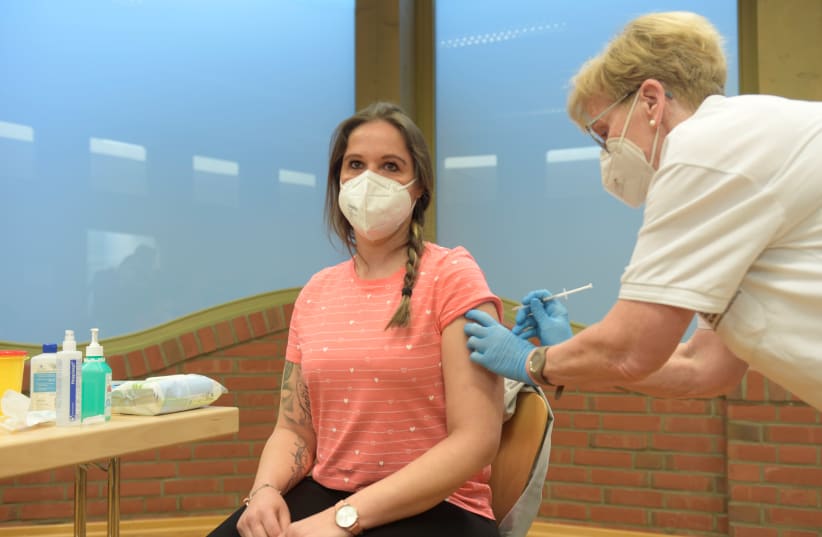Unvaccinated people are more than twice as likely to be re-infected with COVID-19 when compared to vaccinated people, the Center for Disease Control and Prevention (CDC) has reported in a study released on Friday.
The study investigates the rate of reinfection among vaccinated people and unvaccinated people by focusing on Kentucky residents infected with COVID-19 in 2020 who were then re-infected between the months of May-June 2021.
The case-control study showed that being unvaccinated was associated with 2.34 times the odds of reinfection compared with being fully vaccinated.
Alyson Cavanaugh, the lead author of the study, reported that while most illnesses in 2020 were caused by the original coronavirus strain, the alpha strain was predominant in Kentucky throughout May and June.
This, she said, suggests that the natural immunity gained from being infected is not as strong as the immunity gained from a vaccine, especially while the virus continues to evolve.
In response to the study, CDC Director Dr. Rochelle Walensky called for people to get vaccinated, even those who have already been infected in the past.
"Getting the vaccine is the best way to protect yourself and others around you, especially as the more contagious Delta variant spreads around the country," she said.
